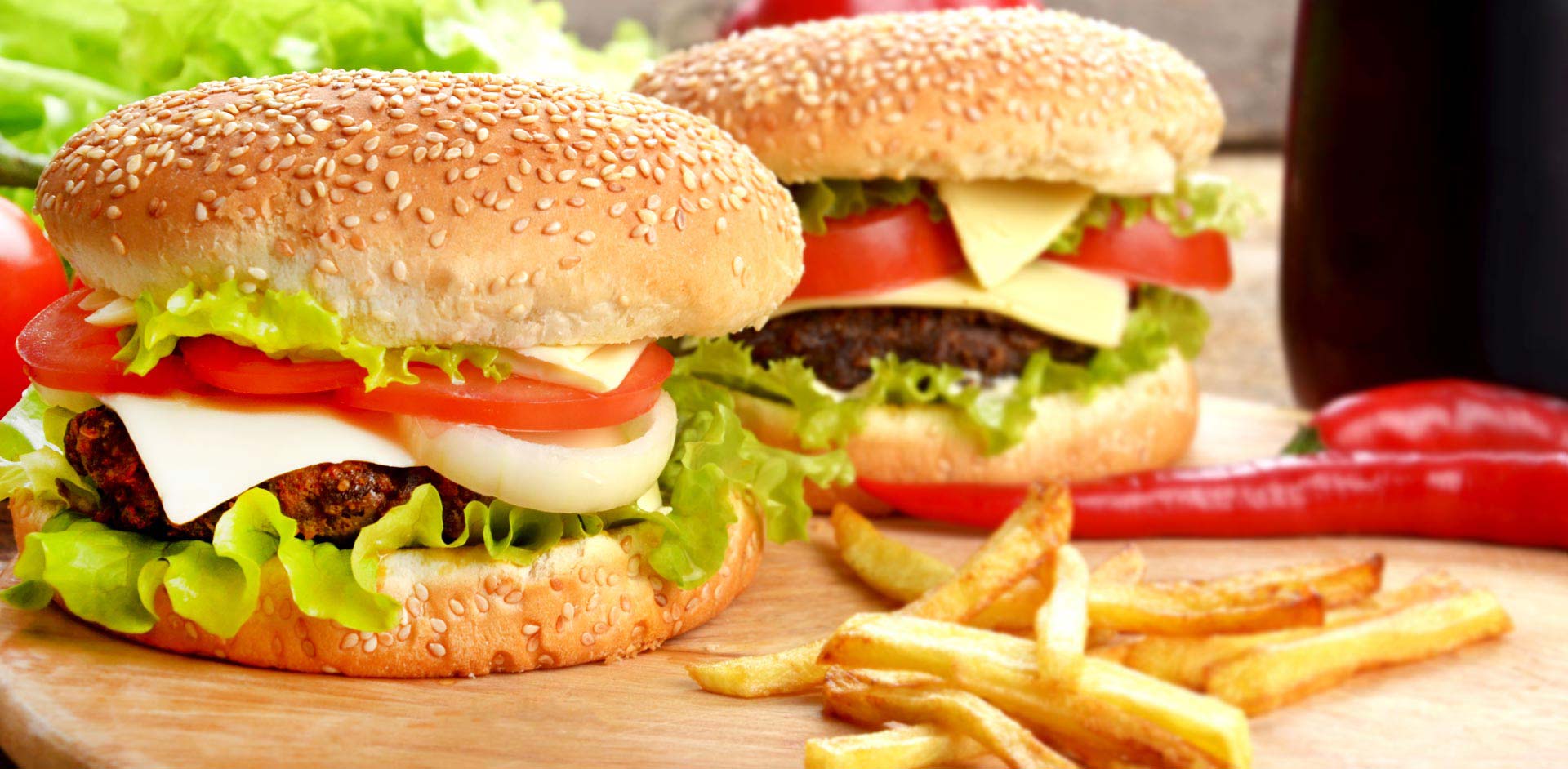About Corona Burgers and reviews
Food Delivery | Restaurant Takeout | Order Food Online
Estimate 8 minutes
Delivery Info
Estimate 1 day
Within 5 miles
Delivery fee, up to {{ $content }}
Reviews:
Jackie S.
Love the burgers here !!! Amazing staff so nice and the burger was bug and super yummy
Brian M.
Was in the area picking up a uhaul truck and got delayed. Came in and asked to use the restroom. Was rudely greeted by a female worker. She told me restrooms are for customers only. I said "ok, can I buy a coke then?" 2 minutes later she comes over to charge me for my drink. Charged me .25. Never gave me my drink. I was told the restroom is out back and a person was already in there. I waited by the restroom. Brought the key back. In a sarcastic tone she asked if I still wanted my drink. I walked out. I'd never eat here.
Leah S.
Whenever I'm in my zucchini mood I always go to Corona burgers . Always great service and always the best burger joint here in corona
Litzy L.
The food here is pretty good but the service is horrible. The cashier lady spoke Spanish with everyone else except to my father?! She also handed everyone's their food but us.. we had to pick it up. I wasn't satisfied with my visit.
Lynne V.
Good is great &' delicious but very ooor customer service &' the place is a lil old &' jacked up they should definitely scrub the walls &&' mop the floor
Christina A.
Old school hamburger place where everyone would go... since there's been a few new owners hamburgers aren't what they were before. This place is still old fashioned as I remember it. Nothing has changed I do gotta say the fries are still bomb and there ranch is so good. I'm not big on ranch but there's is great. Customer Service is Always the Best when Joanna is there.
Jessica V.
Update 5/21/18Believe they have new owners but prices are still fair and the cook is still the same. Still a great cheeseburger
Richard C.
I gotta say this is the best fast food burger joint in Corona so far, it reminds me of Rick's burgers from my home town of Whittier. The chicken sandwich was great! The chicken had a delicious marinade most places don't have. The cheeseburger my wife got was really good and juicy the chili cheese fries were really good. Have no complaints
Bree N.
Don't let The fact that it looks like a little hole in the wall diner on sixth street scare you. The food is SO DAMN GOOD AND MADE FRESH. They have the best breakfast burritos and Avocado burgers in town. And they have ORANGE BANG. Been coming here for years.
Anna H.
My husband loves their burgers and generous fries! The have a variety of choices and nice help...with an A rating
Michelle C.
We just moved to the area and we were just searching for a place to eat. Just so happen we live pretty close to this place so we decided to check it out. We ordered quiet a few things... the service was ehh. The girl at the front doesn't really show an interest in being there and she's not welcoming coming in the place she looks unhappy basically lol. I'm big on service so that stuck out to me... the food was good though. I've been here twice now so overall this is a decent place to have a burger or club sandwich..
Wendy L.
Really good prices and the taste of the food was great I got the chicken steak burger and it was seasoned perfect the fries were not over seasoned everything was great. Just don't go into the bathrooms
Tracy E.
No drive thru. Over 5 bucks no ATM charges, so pick your choices. Love the moms and pops burger joint feel. Ordered the DUI fries, heart attack waiting to happen. Will come back when I have time to walk in.
Panic B.
The bathroom was disgusting. Access is gained by asking staff for a germ laden key attached to a piece of pipe. No standards or pride here.
Crystal C.
This place looks nasty..I am scare to eat there food. Place is run down and just nasty! I know they have rats looking like that...gross out..everything just looks nasty and dirty..from workers to the property!
Maria Christina Elora T.
BEST BREAKFAST RESTO IN TOWN!!! Decent portion! Our bros fave spot Definitely recommend it to you guys.
Jackie V.
Bro y'all don't answer your phone. So annoying. Take your phone number off if y'all ain't about to answer it.
Mo M.
The BEST BURGERS IN TOWN and friendly staff can't ever go wrong with the burgers here ! Management needs some improvement but overall pretty good
Diana Z.
All I can say is all that I've tried is so delicious and haven't had any bad experiences. Food is warm yummy and on point!
Isamar S.
This place is great! The food is always good. The staff is so nice and friendly. When i want a burger this us where i come on my lunch break. Its not expensive they are fast. Its not fanciest but the food can dpeak for the whole resturant. I might be exagerating but i love places like this, the 'hole in a wall' type. Me and my coworkers enjoy this place.



